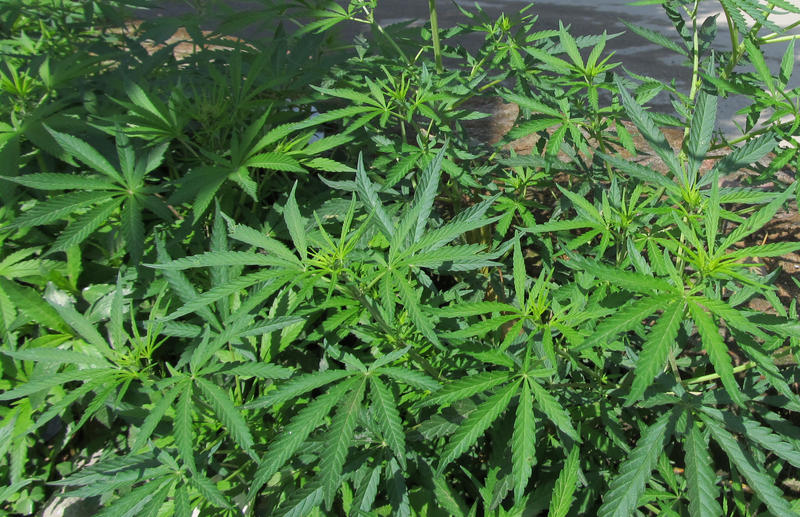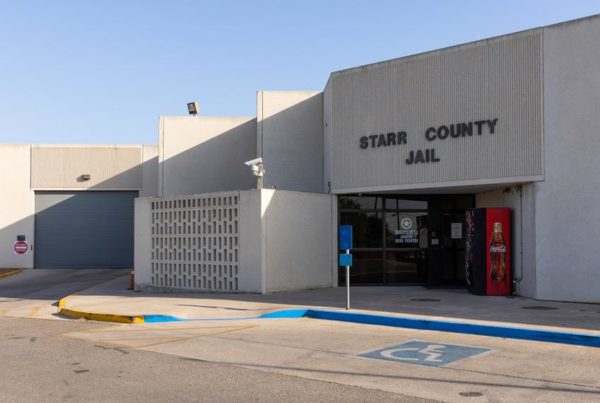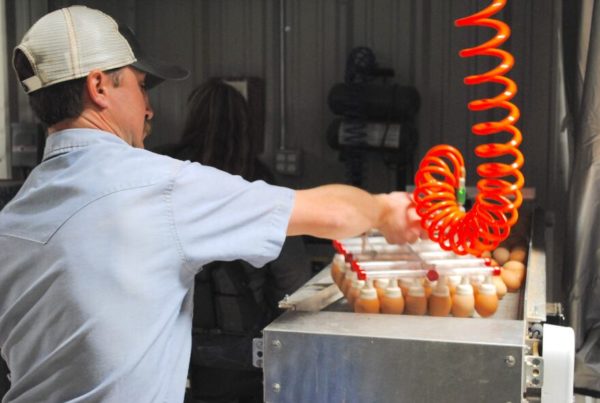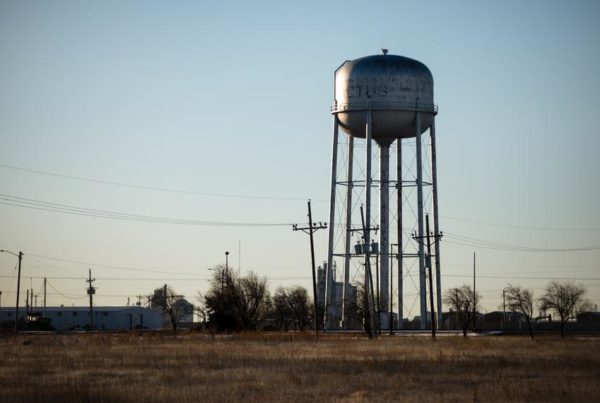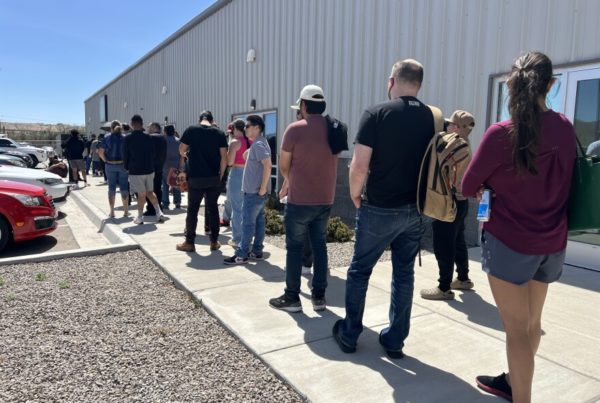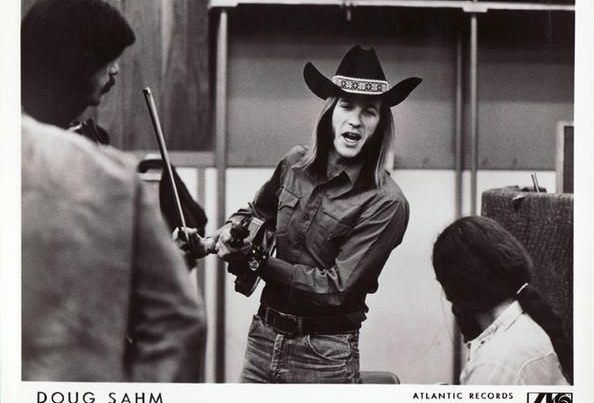Hemp became a legal crop in Texas more than two years ago. When the tamer cousin of marijuana first came on the scene here, its backers touted it as a versatile cash crop that could supplement farmers’ earnings on more traditional produce like corn, cotton and soybeans. Others were even more optimistic.
But predictions about how hemp would work in Texas were just that. Now, there’s actually data that provides a realistic picture of how the crop behaves here. Calvin Trostle is the state hemp specialist for the Texas A&M Agrilife Extension Service. Listen to the full interview in the audio player above.
This interview has been edited lightly for clarity.
Texas Standard: You spent much of the last two years testing different varieties of hemp, talking with producers around the state, generally learning as much as you can about this industry. Can you say a little bit about the pros and cons of growing hemp in Texas as opposed to, say, somewhere else?
Calvin Trostle: There’s a lot of things that have come into this, and in some ways, many of us here in Texas were at a disadvantage because hemp was brand new to virtually everybody. In 2019, there were about 130,000 acres of hemp harvested nationally, and in those acres have gone down because people really got crazy. There was the idea that you could get up to $40,000 of revenue off of a single acre. By comparison, Texas cotton or Texas corn might $1,200 of revenue an acre.
So there was a lot of hype that came with hemp in terms of the things that we’ve learned there are individuals here that have done an admirable job of learning about hemp and bringing that in areas of the state. So I think what we’ve seen is the interest in CBD, and growing for CBD has waned considerably. And some of the prices are about 90% lower than what they were in 2019.
Is that because the market for CBD products, for hemp products is glutted? Or is there something about Texas and the way that that that the industry’s managed or what?
No, I think it was the saturation in the market. There was so much overproduction far beyond the projections. And so I think what we’ve seen here in Texas is, yes, there is CBD production. I think the better quality CBD production has oriented and focused on greenhouse production or indoor production. But that’s a relatively small amount. Keep in mind – and here’s something that is startling to me – if you have a farmer that had 25 acres of hemp, which would be a large production system, with typical yields for CBD, they could produce enough CBD to fill 1 million bottles. So it doesn’t take very much land acreage to meet the CBD demand. And so I think partly in response, we have some individuals here in Texas – people who were already farmers before hemp came to Texas – and I think there’s certainly been a substantial shift with not a large number of growers, but a shift towards focusing on what the fiber possibilities could be for hemp. And so that’s a different, a completely different orientation in your production and your approach to hemp if you’re thinking about fiber rather than for CBD.
What is the verdict in your opinion? Has the hype sort of overshadowed hemp’s promise or is it working here in Texas? People making money?
I think the people here with CBD who’ve had the most success are those that are vertically integrated. They’re not merely growers. They’re growing, they’re harvesting, they’re processing. They’re keeping their own product, perhaps developing their own brand, their own label. That would be in contrast to fiber production, where the individuals will be looking for a market to sell into for fiber processing.


